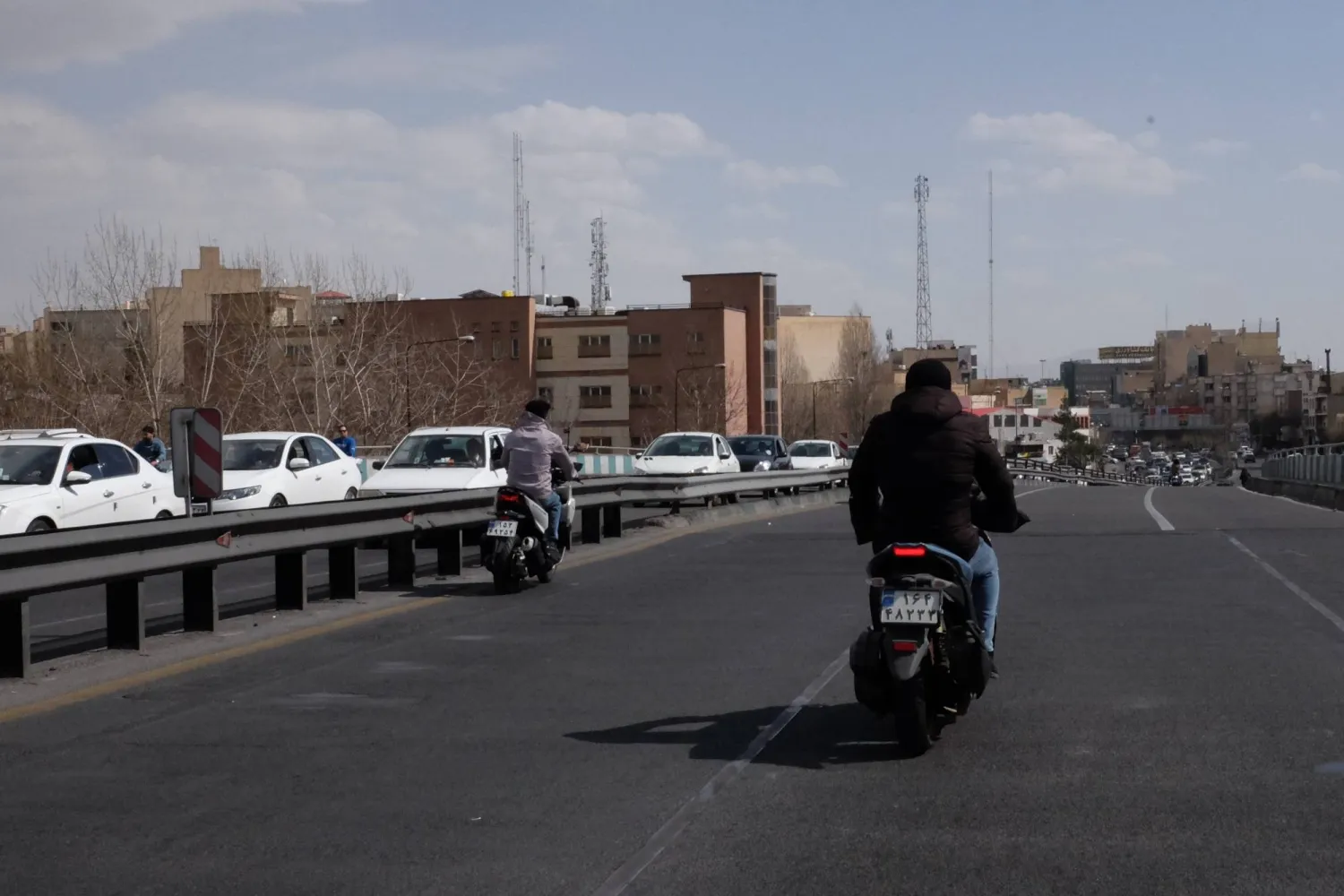Israel stepped up its airstrikes in the Gaza Strip, killing and wounding people while directly targeting police and faction-affiliated security personnel who were carrying out guard duties in central and southern areas of the enclave.
The escalation comes as humanitarian conditions continue to deteriorate, driven by stormy winter weather and compounding crises in Gaza as a result of Israeli measures and ongoing restrictions on the entry of key goods and supplies.
An Israeli reconnaissance drone carried out an airstrike shortly after midnight on Thursday-Friday, targeting three members of the “Field Control Force” affiliated with the Izz ad-Din al-Qassam Brigades, the armed wing of Hamas.
The men were on a guard and deployment mission in the al-Maslakh area, south of Khan Younis in the southern Gaza Strip, an area used by some armed gangs attempting to reach the city to carry out attacks or abduct Palestinians.
The bodies of the three were transferred to Nasser Medical Complex. Two wounded men arrived with the bodies, one of them in critical condition.
Field sources told Asharq Al-Awsat that the men operated under the “Joint Force” formed between the Izz ad-Din al-Qassam Brigades and the Al-Quds Brigades, the armed wing of the Islamic Jihad movement, to carry out security missions and guard dangerous areas at night amid the threat posed by armed gangs, as well as potential infiltration by Israeli special forces, as had occurred on several previous occasions.
Separately, a police officer affiliated with the Hamas-run Interior Ministry was killed and his colleague critically wounded when they were struck while guarding the entrance to Al-Bureij camp in central Gaza.
Police personnel affiliated with the Hamas government have been deployed in coordination with the Qassam and Al-Quds Brigades, with coordination among all bodies aimed at ensuring security and protecting various areas amid a complex security situation and intensified Israeli intelligence-gathering efforts, whether through Palestinians linked to it or through the use of armed gang elements.
The Israeli military said it had struck Hamas operatives in response to militants emerging from a tunnel in Rafah on Thursday evening.
The escalation coincided with heavy airstrikes targeting areas east of Gaza City and Khan Younis, and north of Rafah, alongside artillery shelling and gunfire from Israeli military vehicles.
Another Palestinian was killed after being targeted by drones that opened fire in the al-Atatra area northwest of Beit Lahia in northern Gaza. At least three others were wounded in similar incidents, including a woman shot in the head.
Israel has killed more than 620 Palestinians since a ceasefire took effect on Oct. 10, 2025, bringing the total death toll since Oct. 7, 2023, to more than 72,000.
Palestinian factions condemned what they described as ongoing Israeli violations and the targeting of civilians, armed wing members and police and security personnel affiliated with the Hamas-run government.
Hazem Qassem, a Hamas spokesperson, said the continued Israeli escalation reflected disregard for mediators’ efforts and for the role of the Board of Peace.
He added that “the occupation continues its war of genocide and destruction against the Palestinian people, and what has changed is limited to form and method, indicating that talk by guarantor states of ending the war lacks any real substance on the ground.”
Humanitarian situation
The Israeli escalation comes as humanitarian conditions continue to worsen, driven by stormy winter weather and compounding crises in Gaza as a result of Israeli measures and ongoing restrictions on the entry of key goods and supplies.
For the third consecutive day, tents sheltering displaced families have been flooded by intermittent heavy rainfall, damaging belongings and forcing residents to seek alternative shelter until the rain subsides.
UNRWA
In the same context, the United Nations Relief and Works Agency for Palestine Refugees in the Near East said forced displacement and aid restrictions in Gaza had led to overcrowding, deteriorating shelters and inadequate sanitation services, increasing the spread of disease.
Its teams in Gaza reported a sharp rise in skin infections and waterborne illnesses.
UNRWA is working to help people through health and sanitation services, but greater access is needed to meet the enormous needs, it said.
Israel bars the entry of supplies aimed at repairing infrastructure and building hospitals and schools, further complicating the humanitarian and health situation.
Doctors Without Borders
Doctors Without Borders called for a massive scale-up of lifesaving assistance and unhindered humanitarian access amid the ongoing catastrophe in Gaza, where lives continue to be lost due to sustained violence and persistent aid restrictions imposed by the Israeli authorities. Despite these policies, MSF is committed to remaining to provide assistance in Palestine for as long as possible, working under our registration with the Palestinian Authority.
Under international humanitarian law, as the occupying power, the Israeli authorities are obliged to ensure the provision of humanitarian assistance, it said.
However, the new restrictive rules requiring 37 NGOs to leave Palestine by March 1 threaten to drastically reduce aid, which is already insufficient, it added, urging governments worldwide to ensure respect for International Court of Justice rulings, including facilitating the provision of humanitarian assistance.
“MSF is working to preserve services for patients in an increasingly constrained environment,” said Christopher Lockyear, MSF Secretary General. “The needs are immense and drastic restrictions have deadly consequences. Hundreds of thousands of patients need medical and mental health care, and tens of thousands require long-term medical, surgical and psychological follow-up.”










